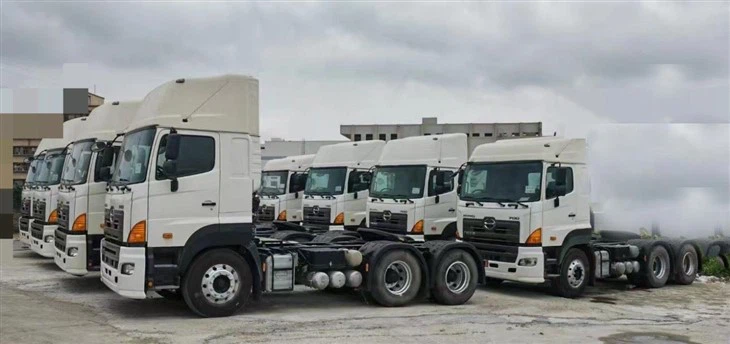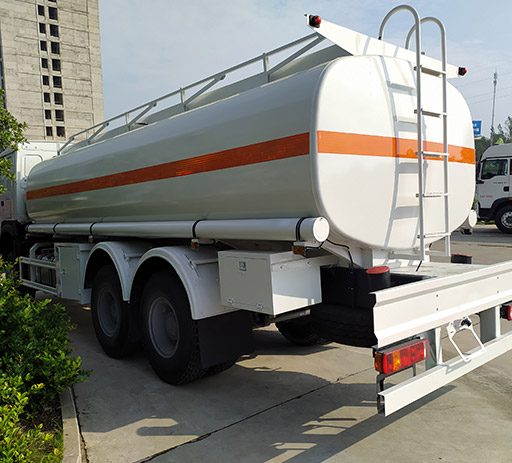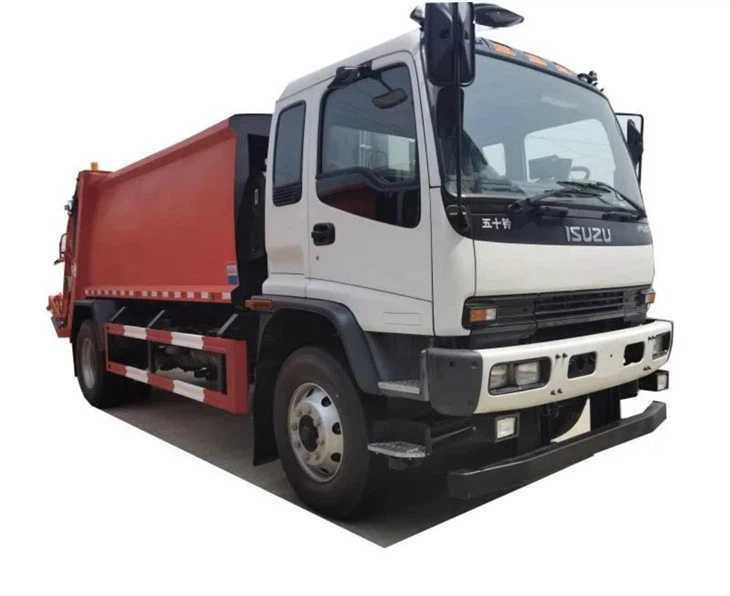Ultimate Guide to Container Delivery Trailers: Everything You Need to Know

If you’re in the logistics, shipping, or transport industry, understanding container delivery trailers is crucial. These heavy-duty trailers are designed to transport shipping containers efficiently, ensuring that goods reach their destination safely and on time. In this comprehensive article, we will explore everything about container delivery trailers, including their features, types, benefits, operational tips, and more.
What is a Container Delivery Trailer?
A container delivery trailer is a specialized vehicle designed to transport standard shipping containers. These trailers have unique frames that accommodate 20-foot and 40-foot containers, and they are essential in the shipping and logistics sectors. The design allows for quick loading and unloading, often featuring hydraulic systems to enhance efficiency.
How Container Delivery Trailers Work
Container delivery trailers utilize a combination of hydraulic systems, ramps, and stability features to facilitate the movement of heavy containers. When a container is lifted onto the trailer, it is secured tightly, ensuring safety during transport. After reaching the destination, the process is reversed for unloading.
Key Components of a Container Delivery Trailer
- Frame: Provides structural support.
- Axles: Help bear the weight of the load.
- Hydraulic System: Enables the lifting and lowering of containers.
- Loading Ramps: Assist in the loading and unloading processes.
- Securing Mechanisms: Straps, chains, or twist locks that ensure containers remain stable during transport.
Types of Container Delivery Trailers
Understanding the different types of container delivery trailers will help logistics managers and transporters select the most suitable option for their needs. Here are the most prevalent types:
1. Standard Flatbed Trailers
These are the most basic type of container delivery trailers. They consist of a flat platform with no sides, which offers flexibility in transporting various container sizes.
2. Sideloader Trailers
Sideloader trailers have a unique design that allows containers to be loaded and unloaded from the side. This is particularly useful in tight spaces where traditional backloading is not feasible.
3. Container Chassis Trailers
This type of trailer is specifically designed to carry shipping containers and provides optimal stability and security during transit.
4. Gooseneck Trailers
Gooseneck trailers offer enhanced maneuverability and are beneficial for transporting containers over uneven terrain. They are characterized by a long neck that connects the trailer to the towing vehicle.
5. Extendable Trailers
These trailers can extend to accommodate various container lengths, making them versatile for different shipping needs.
Key Benefits of Using Container Delivery Trailers
Using container delivery trailers provides numerous advantages:
1. Increased Efficiency
Container delivery trailers are designed for quick loading and unloading, which minimizes turnaround times in logistics operations.
2. Enhanced Safety
With proper securing mechanisms in place, cargo transported on container delivery trailers is less likely to shift or become damaged.
3. Cost-Effective Transport
Transporting multiple containers using a single trailer reduces costs related to fuel and labor.
4. Versatility

These trailers can transport various types of containers, including Reefer (refrigerated), dry van, and flat rack containers, making them adaptable for diverse cargo needs.
5. Regulatory Compliance
Utilizing container delivery trailers ensures compliance with various transport regulations, as they are designed with necessary safety features.
Operational Tips for Effective Use
To get the most out of your container delivery trailers, consider the following best practices:
1. Regular Maintenance
Ensure that your trailers are regularly serviced to prevent breakdowns during transport. This includes checking the hydraulic systems, brakes, and tires.

2. Proper Loading Techniques
Utilize loading ramps properly and distribute the weight evenly across the trailer. This helps maintain stability during transit.
3. Secure Containers Effectively
Always use appropriate securing mechanisms. This prevents movement that could cause accidents on the road.
4. Training Drivers
Provide comprehensive training for drivers on how to operate container delivery trailers and follow safety protocols.
Costs Involved in Container Delivery Trailers
The total cost of owning and operating container delivery trailers varies based on several factors:
1. Initial Purchase Price
Container delivery trailers range in price from $10,000 to $40,000 or more, depending on the type and specifications.
2. Maintenance Costs
Factor in regular maintenance, inspections, and repairs over time. Maintenance costs typically range from $1,000 to $3,000 annually.
3. Insurance
Insurance for container delivery trailers can vary widely based on values, risk levels, and coverage, ranging from $500 to $2,000 annually.
4. Operational Costs
Include fuel, tolls, and labor in your operational budget. Fuel efficiency is a key consideration in minimizing these costs.
Case Study: Successful Implementation of Container Delivery Trailers
Company XYZ, a logistics provider specializing in international shipping, decided to adopt container delivery trailers for its transport operations. Within the first year, they experienced a 20% reduction in shipping times and a 15% decrease in operational costs.
Challenges Faced
Initially, they faced challenges related to driver training and maintenance. However, by implementing a structured training program and adhering to a routine maintenance schedule, they overcame these hurdles.
Results
| Metrics | Before Implementation | After Implementation |
|---|---|---|
| Shipping Time (Days) | 15 | 12 |
| Operational Costs ($) | 100,000 | 85,000 |
| Customer Satisfaction (%) | 75 | 90 |
Future Trends in Container Delivery Trailers
The logistics industry is evolving rapidly, and so are container delivery trailers. Here are some trends to watch for:
1. Automation
Automated container delivery systems are beginning to emerge, reducing the need for manual labor and increasing loading precision.
2. Eco-Friendly Designs
Manufacturers are exploring designs that incorporate sustainable materials and energy-efficient technologies to minimize environmental impact.
3. Smart Technology
The use of IoT and GPS technologies will provide real-time tracking and enhance route optimization, resulting in further efficiency gains.
Frequently Asked Questions (FAQ)
1. What types of containers can be transported using container delivery trailers?
Container delivery trailers can transport various types of containers, including dry van containers, reefer containers, and flat rack containers.
2. How much does a container delivery trailer typically cost?
The cost of a container delivery trailer ranges from $10,000 to $40,000, depending on the type and specifications.
3. Are container delivery trailers suitable for all types of cargo?
Container delivery trailers are ideal for containerized cargo but may not be suitable for oversized or irregularly-shaped items that do not fit standard container dimensions.
4. How can I ensure the safety of cargo during transport?
Employ effective securing mechanisms, ensure even weight distribution, and regularly inspect the trailer and loading equipment for safety.
5. What should I consider when choosing a container delivery trailer?
Consider factors such as the type of containers you will be transporting, required load capacity, trailer specifications, and whether you need features like a hydraulic lift system.

6. Can I lease a container delivery trailer instead of buying one?
Yes, many companies offer leasing options for container delivery trailers, allowing you to reduce upfront costs while fulfilling your transport needs.
